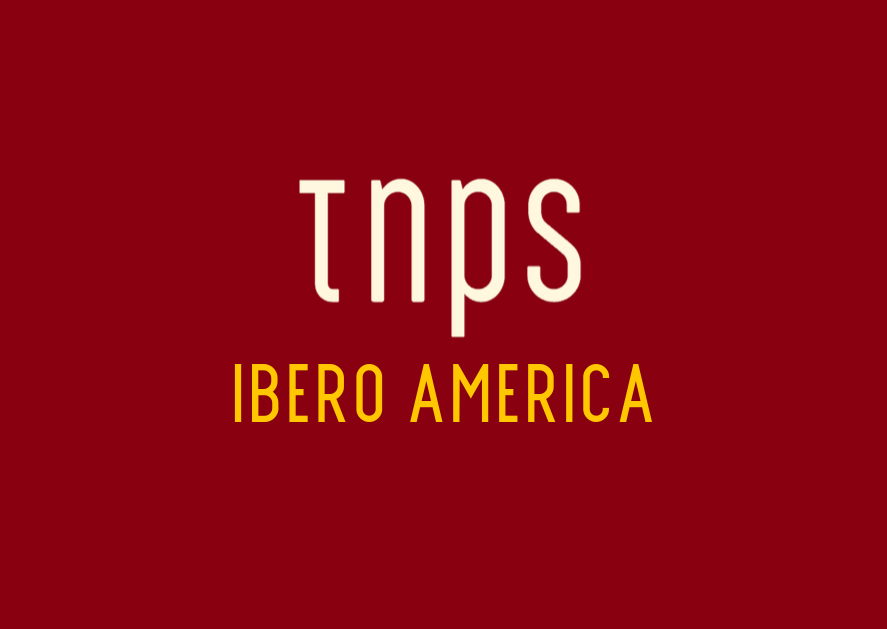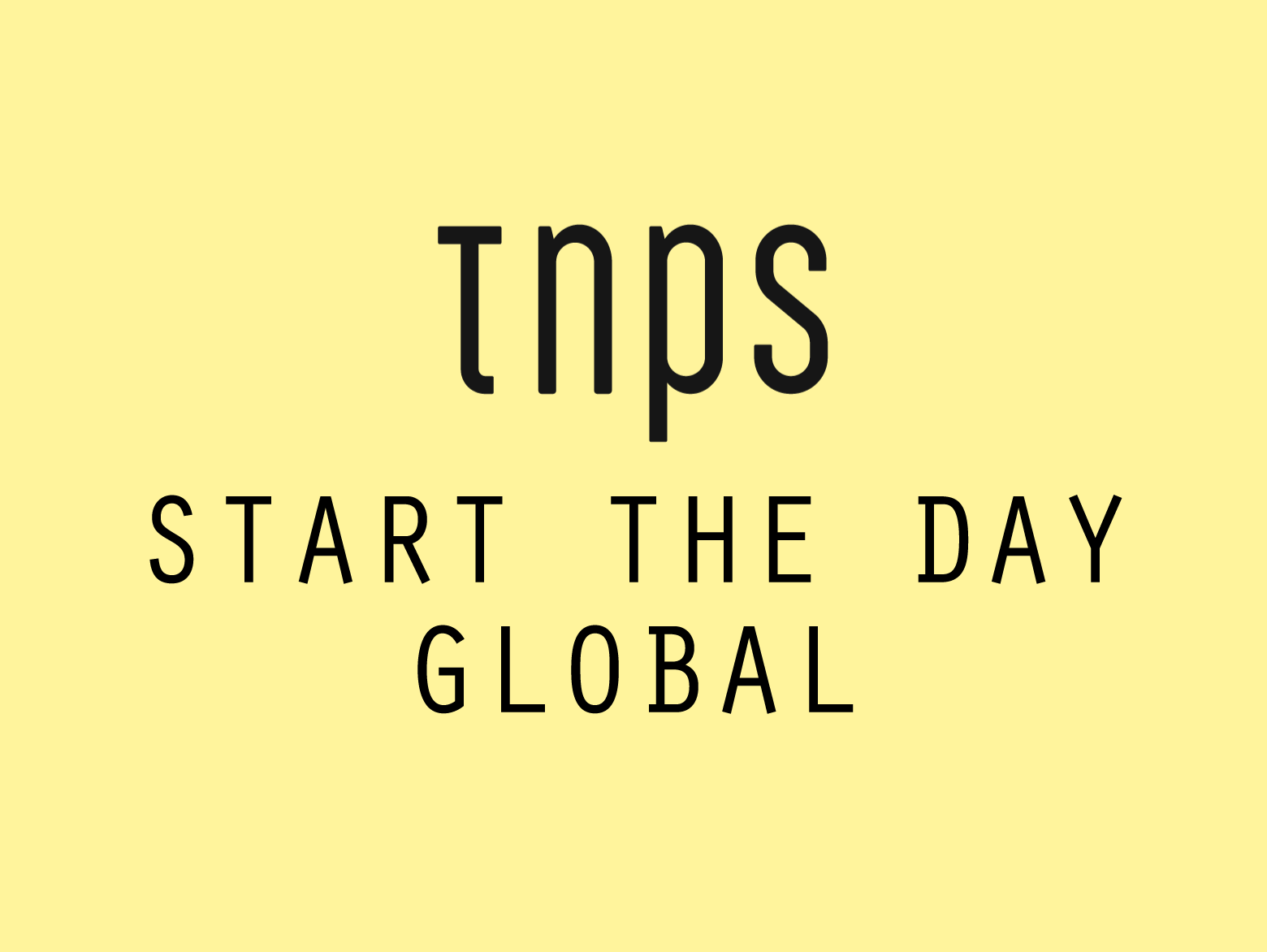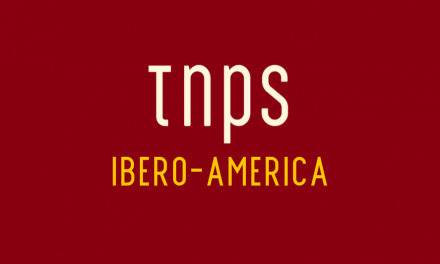Porter Anderson at Publishing Perspectives today breaks the news that the Germany-based digital distributor Bookwire has acquired Brazil’s Distribuidora de Livros Digitals (DLD).
Anderson quotes Bookwire GmbH CEO Jens Klingelhöfer as saying, “In the ebook segment, Brazil is an immensely important market with very high digital growth rates.”
Bookwire has been active in the Ibero-American ebook markets since 2013. The newly acquired DLD services 240 publishers and fields 16,000 titles. It was established in 2010 by six Brazilian publishers, L&PM, Objetiva, Planeta, Record, Rocco and Sextante.
Among the Big 5 western ebook distributors only Nook is absent a platform in Brazil. Kobo, Apple, Google Play and Amazon all launched in Brazil in 2012.
Ebook growth has been slow in Brazil, and according to Statista the value of the Brazilian ebook market is $80m USD in 2017, with a predicted rise of 36% to $109m by 2022.
That’s disappointing given Brazil has a population of 207 million, of which 139 million are connected to the internet, making Brazil the fourth largest country in the world by internet user headcount, and that with only 65% penetration. That’s almost twice as many internet users as Germany, and more than double the number for the UK, France or Italy.
But of course the number of internet users does not necessarily equate to prospective ebook readers.
The problems, as ever, are the usual suspects – availability, accessibility and affordability.
Brazilian publishers have been slow to digitalise their catalogues, meaning the big North American ebook players field gigantic ebook catalogues with just a handful of localised titles. But this in turn gives a boost to domestic ebook outlets better able to give curated selections.
In the US and UK the ebook scene generally, and Amazon in particular, benefited from a substantial influx of low-priced self-published titles that brought readers on board. In Brazil the self-publishing market is still in its infancy, and with translations a costly affair relatively few titles from outside Brazil are being translated into Brazilian Portuguese.
Given the relatively small size of the current Brazilian ebook market its unlikely mainstream publishers in other countries will be rushing to fill this gap, and this may be an opportunity for the self-published community to step in.
Both Babelcube and TraduzioneLibri allow “indie authors” to get their titles translated into multiple languages with no up-front costs (royalty share), and there’s much to be said for being a big fish in a small pond.





